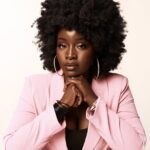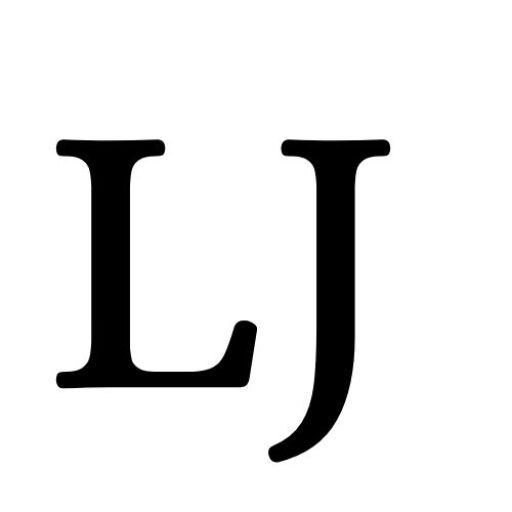Black Vogue SE in Amelia
(1 of the largest beauty magazines in Sweden)
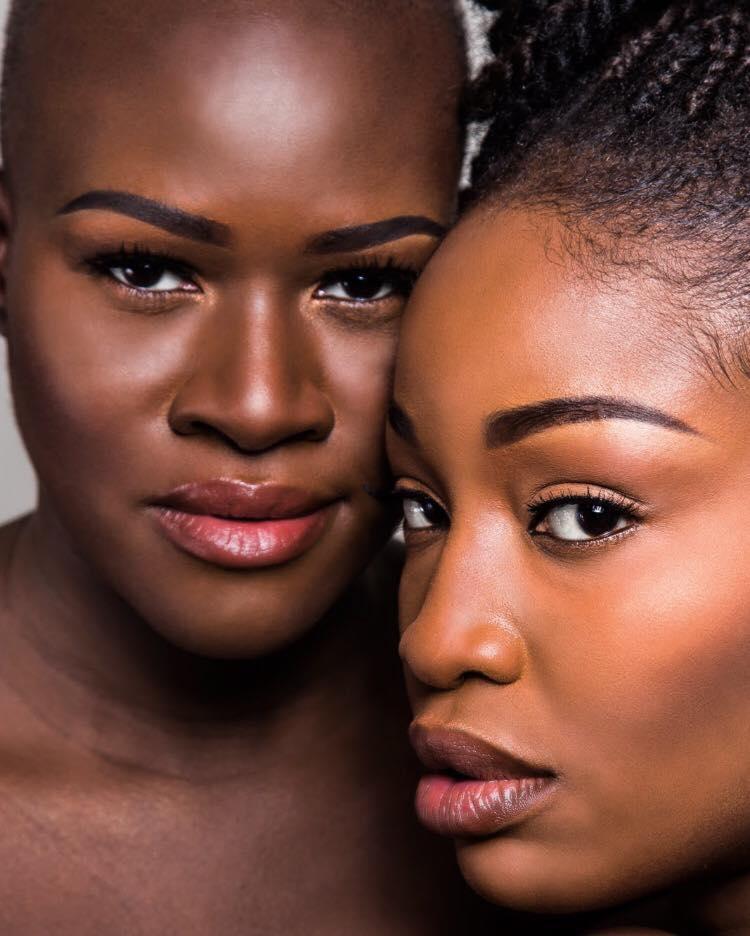
Image taken by Mia Räty, Thandiwe Teisko and Odou Andrews
So a month ago i was contacted by Amelia for a magazine article about black beauty and the lack of products on the market.
Here are the questions they asked and my replies below:
1. Do you agree that there is currently a breakthrough for beauty for darker skin tones in Sweden right now? Why is that?
I agree that more attention is being given to the lack of representation in the beauty industry in Sweden. Largely because of the Black Vogue who bring light to the lack of products in the makeup industry for darker skin tones as well as a lack of representation in the media and ignorance on how to apply make up on skin tones outside the norm. When you have a group of women / men / non binary with common interests who are also affected by the same problem, one can not avoid the issue any longer. And more and more are aware that the supply in the market in Scandinavia is not suited for us and we have to purchase makeup from abroad at a much higher cost.
2. How have you experienced that the situation was like before for people who have been looking for makeup products for dark skin? (Both in terms of selection and representation in beauty context, etc.)
Representation has been virtually non-existent, the supply has not changed or diversified in over 15 years and it is not in line with how society looks today. The idea of selling makeup for all skin tones seem to be an inconvenience for the brands owned by large multinational companies with extensive manufacturing and delivery capabilities, and this is absurd and is not unlike when the clothing industry discriminates against women with larger sizes. Although the products already exist abroad, they still refuse to bring in the darker shades in Sweden.
3. What kind of response have you received in relation to the Black Vogue forum ?
The response from women and men and non binary group has only been positive from day one and we are almost 16 000 members today in 10 months. It’s a forum that was really needed and will be needed in the future because it is a safe zone where members have never before felt such a belonging with other like minded individuals and allowed to express their feelings and disappointments as well as share experiences and happiness when they finally find a product that suits us.
4. How do you think the interest / range of beauty products for blacks will develop in the near future?
I believe that with the revolution that has begun, supply will finally change as consumers demand that the representation should be for all skin tones, make-up artists should be able to apply makeup for all skin tones before they can call themselves makeup artists. Makeup schools should teach methods for all skin tones and makeup stores should have the knowledge required to help everyone. It will no longer be accepted to use makeup intended for non blacks and add a little bit of pigment and market it to darker skintones, without fully understanding the critical information about under tones. It also will no longer help companies to advertise products using darker models when you are not able to purchase that specific product in store or online. We are no longer content with being an afterthought, but want to be included from the start. The next few years will be interesting to follow as there are players who have taken the criticism and are actively working to change this and other actors in the field that choose to ignore the problem hoping it will go away.
5. How is it that you decided to write a book? How do you hope it will be received?
The book is the first of its kind in Europe … a book focused on makeup tips, inspiration, Stories as well as representing black women in all our shades. It will be helpful for all black women / men / non binaries interested in beauty, skin care and makeup, as well as non-black parents with teenage children with darker skin tones as well as make-up artists and “maskörer” in theater to help and inspire. This book should really have been done several years ago but unfortunately there was no Black Vogue as a champion of black beauty and the market was perhaps not ready for it either; But as the community has grown so fast in a short time, we know that the need for such a book is important in the development going on in society right now. furthermore it is better late than never and it will be received very positively as it is a group fighting for equality.
Kayo
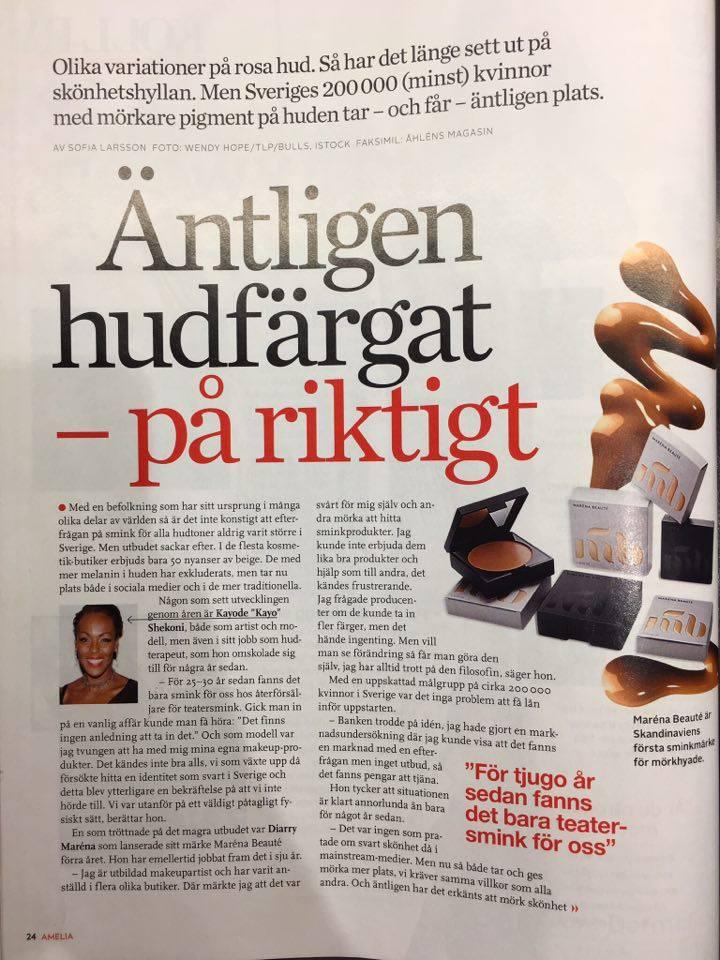
Other worthy comments in the article came from none other than Kayo who was quoted saying ” for 20 – 30 years ago we could only find makeup for our skin tones in theatre shops, if you went to a makeup store you would most often be told that there was no reason to buy in the products” And as a model you had to bring your own foundation and makeup products. It did not feel good at all, and for us that were growing up and trying to find our own identity at the time as a black person in Sweden it was yet another confirmation that we did not belong. We were outside the norm in a very physical sense.
Sanna Westin
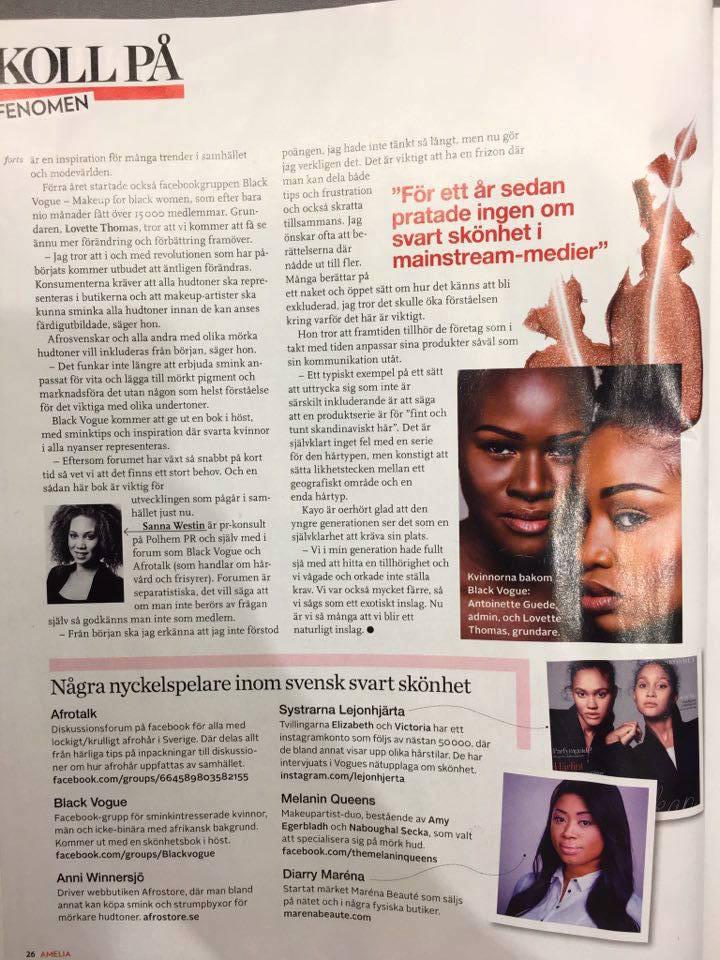
Black Vogue Member Sanna Westin was also interviewed and in her own words she said: “In the beginning i could not understand the point of keeping the groups open only to black people, my thoughts hadn’t gone that far yet. but now i truly understand. It is really a free zone where we can share tips and frustration and also have a laugh together. I often wish that the stories could reach many more people. A lot of people in the forum share a very naked truth about what it feels like to be excluded in society. I think it would increase understanding in society about why it is so very important to have everyone included in society.
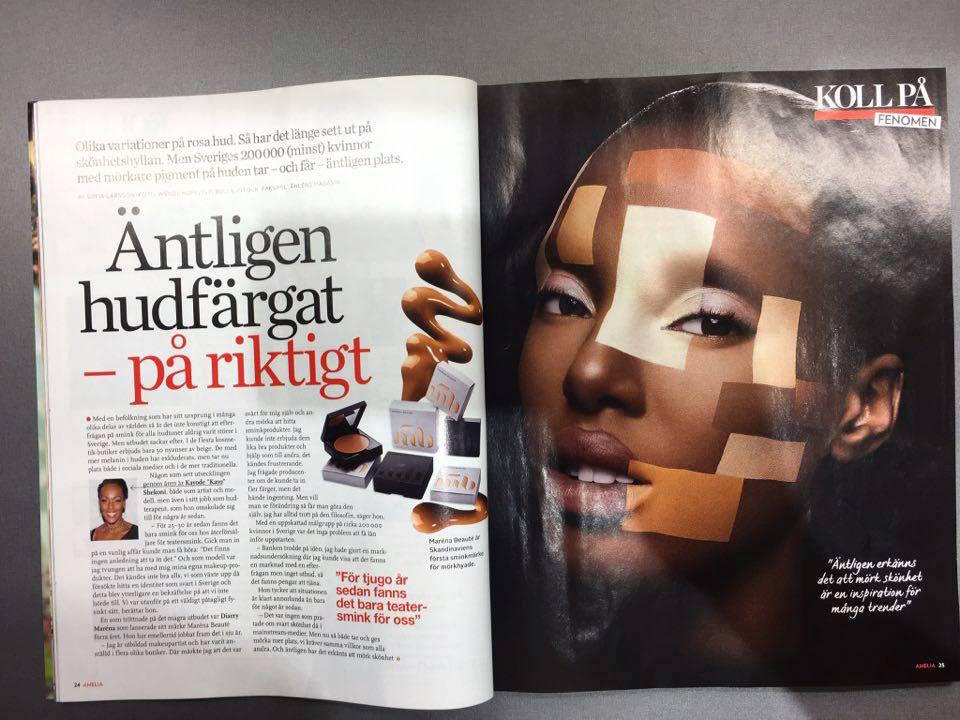
a lot of wonderful women are mentioned in the article who are all making a big difference in the industry in their own way. A round of applause for all the queens!!!
Love light and positivity to you all
